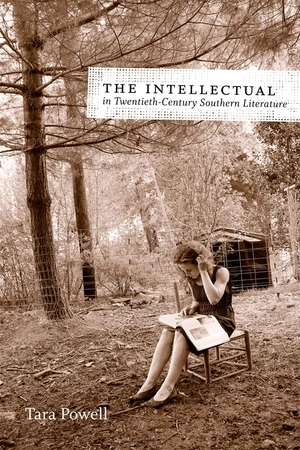Never in its long history has the South provided an entirely comfortable home for the intellectual. In this thought-provoking contribution to the field of southern studies, Tara Powell considers the evolving ways that major post--World War II southern writers have portrayed intellectuals -- from Flannery O'Connor's ironic view of "interleckchuls" to Gail Godwin's southerners striving to feel at home in the academic world.Although Walker Percy, like his fellow Catholic writer O'Connor, explicitly rejected the intellectual label for himself, he nonetheless introduced the modern novel of ideas to southern letters, Powell shows, by placing sympathetic, non-caricatured intellectuals at the center of his influential works.North Carolinians Doris Betts and her student Tim McLaurin made their living teaching literature and creative writing in academia, and Betts's fiction often includes dislocated academics while McLaurin's superb memoirs, often funny, frequently point up the limitations of the mind as opposed to the heart and the spirit.Examining works by Ernest Gaines, Alice Walker, and Randall Kenan, Powell traces the evolution of the black American literacy narrative from a stress on the post-Emancipation conviction, which saw formal education as an essential means of resisting oppression, to the growing suspicion in the post--civil rights era of literacy acts that may estrange educated blacks from the larger black community.Powell concludes with Godwin, who embraces university life in her fiction as she explores what it means to be a southern female intellectual in the modern world -- a world in which all those markers inscribe isolation.
Price history
▼-20.04%
Dec 30, 2022
€17.56
Oct 25, 2021
€21.96

